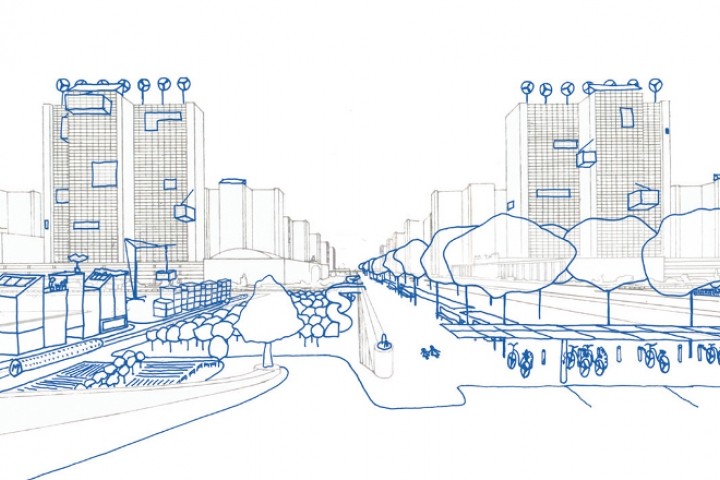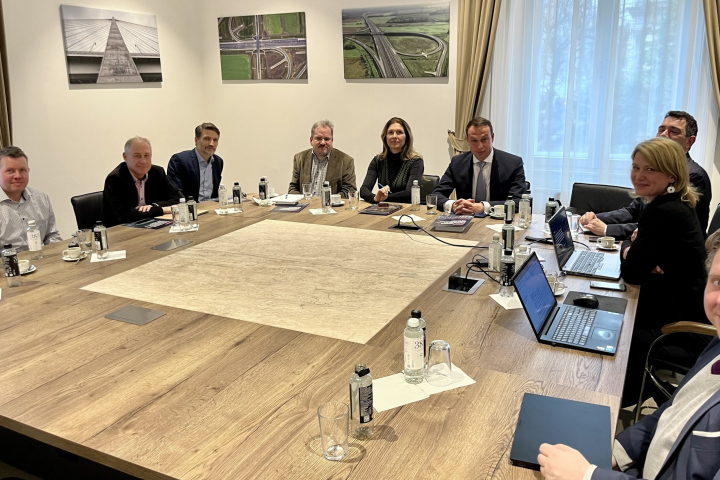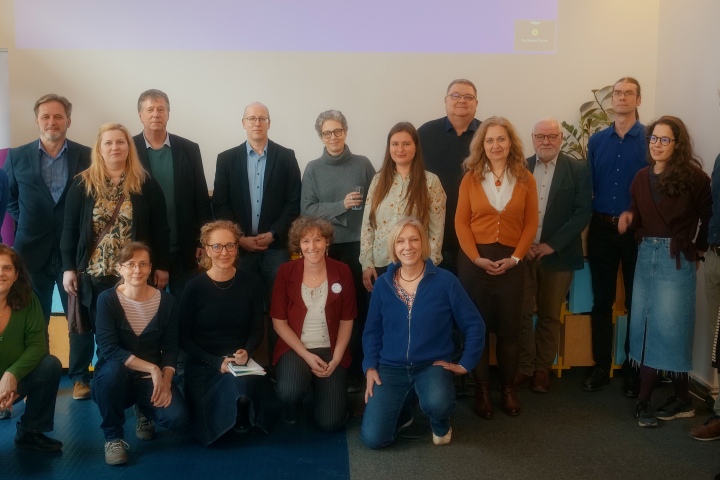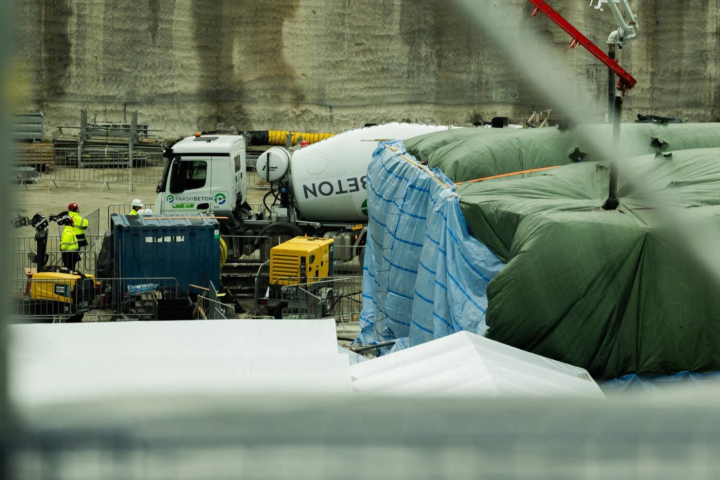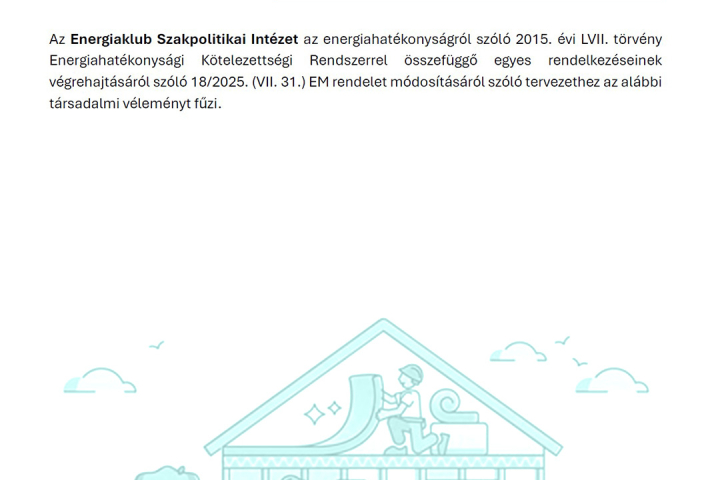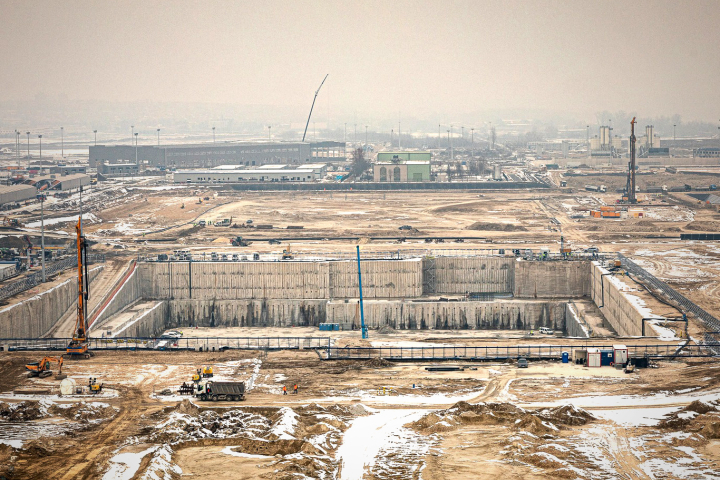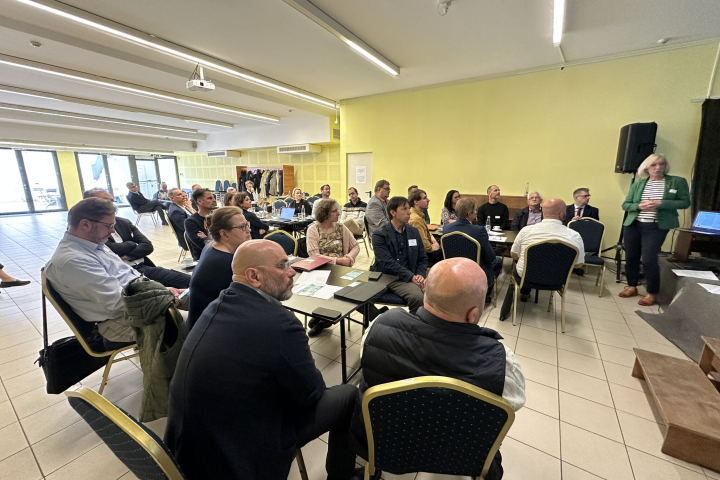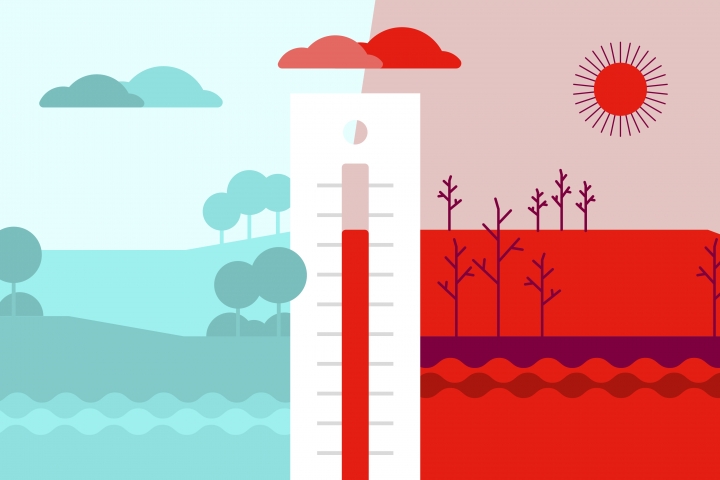Is the grass always greener in other cities?
Learn from others – participate at the international CEESEN Partnership Conference
At the Central Eastern European Sustainable Energy Network Partnership Conference in May, Zsófia Pej, climate programme leader at Energiaklub Climate Policy Institute will present the experiences and outcomes of MULTIPLY project including valuable good practices and supporting tools that are now available.
Municipalities should lead the way towards energy transition for various reasons. First of all, because they are the closest to the citizens and many existing problems can be solved only locally, in close cooperation with local stakeholders. Second of all, because they have tools and capacities to take action:
- as energy consumers they can reduce energy consumption in their own facilities and with respect to the services that they offer to the citizens (e.g. public lighting, public transportation);
- as energy providers they can ensure that the energy supplied to the local consumers is secure, affordable and comes from environmentally friendly sources;
- as local regulators they can implement laws and regulations that would encourage more energy efficient decisions in construction, spatial planning etc., as well as more frequent use of environmentally friendly means of transport;
- as motivators they can encourage citizens and local stakeholders to involve in sustainable energy projects and initiatives and act in a more energy conscious way;
- as actors of the policy making process, they can influence EU and national-level policies sharing their expectations and ambitions with the decision makers.
Single actions taken in all those areas are no longer a solution, though. The energy transition is a complicated process and calls for integrated solutions that would combine elements of sustainable transport, energy and land-use planning. They will help not only to make our cities more climate friendly but also to create more liveable areas satisfying citizens’ various needs.
Want to know more?
Join the conference online or on the spot in 17-18 May @Ptuj, Slovenia
Topics will include:
- A general introduction to SECAPs – for those who are new to the journey,
- Sustainable strategies – for those who already started but have questions about the actions and the financing,
- Case studies, best practices – for everyone to learn, support, and share.
Register here.
